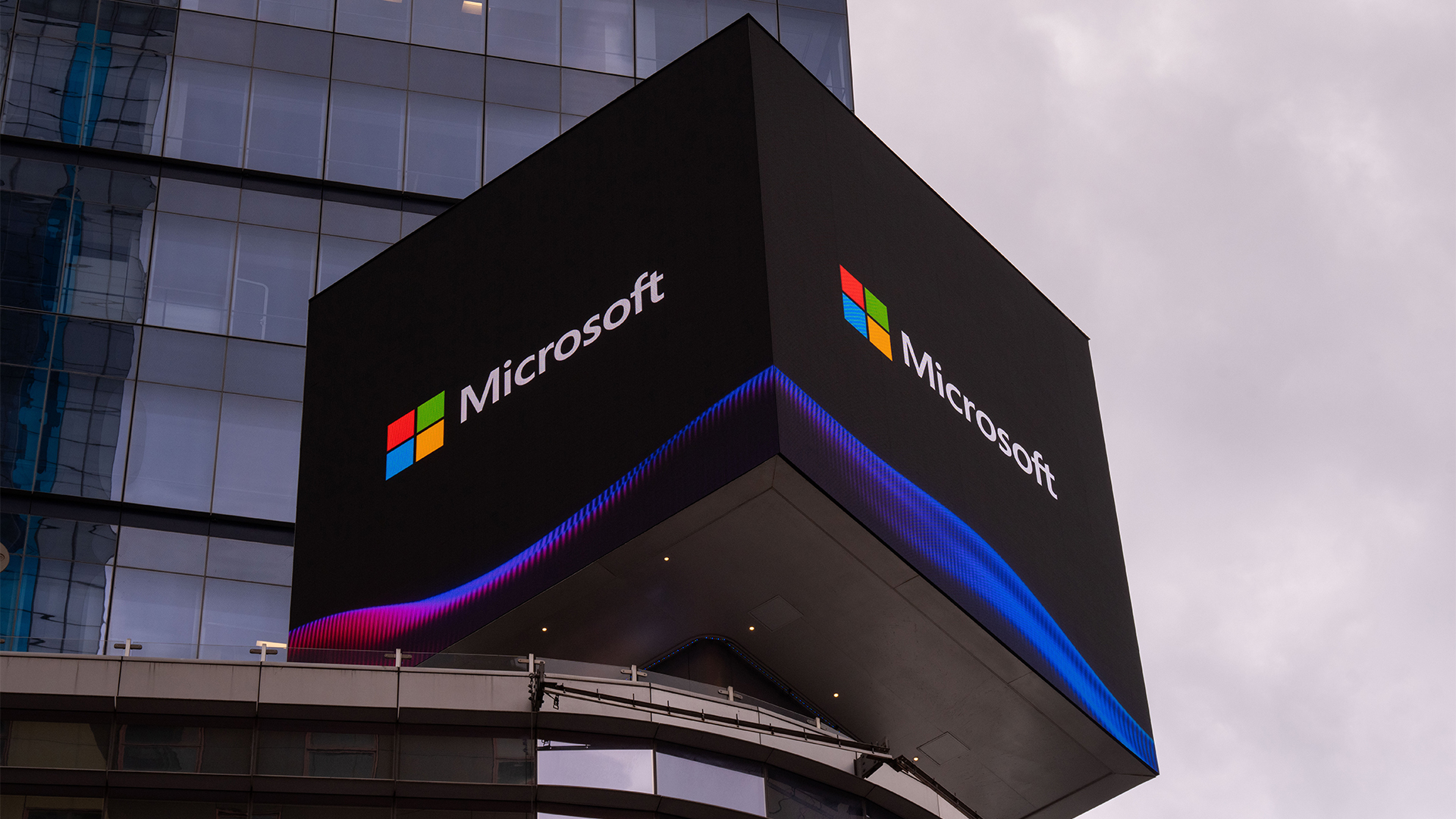A terrifying Microsoft flaw could’ve allowed hackers to compromise ‘every Entra ID tenant in the world’
The Entra ID vulnerability could have allowed full access to virtually all Azure customer accounts


Microsoft has patched a flaw in Entra ID - previously known as Azure Active Directory - that could have given an attacker full access to virtually every single Entra ID tenant in the world.
The vulnerability, CVE-2025-55241, has been given the maximum CVSS score of 10.0, but doesn’t appear to have been exploited in the wild.
However, Dirk-jan Mollema, the security researcher who discovered the flaw, said it was “the most impactful Entra ID vulnerability that I will probably ever find”.
30% off Keeper Security's Business Starter and Business plans
Keeper Security is trusted and valued by thousands of businesses and millions of employees. Why not join them and protect your most important assets while taking advantage of this special offer?
“This vulnerability could have allowed me to compromise every Entra ID tenant in the world (except probably those in national cloud deployments),” Mollema noted in a blog post detailing his discovery.
Notably, Mollema revealed there were two components to the vulnerability. The first centered on undocumented impersonation tokens, called 'Actor tokens', that Microsoft uses in its back-end for service-to-service (S2S) communication.
Secondly, a critical flaw in the Azure AD Graph API meant that it didn't properly validate the originating tenant, allowing these tokens to be used for cross-tenant access.
"Effectively this means that with a token I requested in my lab tenant I could authenticate as any user, including Global Admins, in any other tenant. Because of the nature of these Actor tokens, they are not subject to security policies like Conditional Access, which means there was no setting that could have mitigated this for specific hardened tenants," Mollema wrote.
Sign up today and you will receive a free copy of our Future Focus 2025 report - the leading guidance on AI, cybersecurity and other IT challenges as per 700+ senior executives
"Since the Azure AD Graph API is an older API for managing the core Azure AD / Entra ID service, access to this API could have been used to make any modification in the tenant that global admins can do, including taking over or creating new identities and granting them any permission in the tenant."
With these compromised identities, Mollema found access could’ve also been extended to Microsoft 365 and Azure.
How the Entra ID flaw worked
Starting with an Actor token, an attacker could find the tenant ID for the victim by using public APIs based on the domain name.
After finding a valid netId of a regular user in the tenant, perhaps through brute force, the attacker could create an impersonation token with the Actor token, using the tenant ID and netId of the user in the victim tenant.
Thereafter, an attacker could then list all global admins in the tenant and their netId, craft an impersonation token for the global admin account, and perform any read or write action over the Azure AD Graph API.
Mollema said that while the vulnerability itself was a bad oversight in the token handling, the whole concept of Actor tokens represents a weakness.
"If it weren’t for the complete lack of security measures in these tokens, I don’t think such a big impact with such limited telemetry would have been possible," he said.
Mollema immediately reported his findings to Microsoft, which fixed it within a few days. The tech giant has since rolled out further mitigation measures to block applications from requesting Actor tokens for the Azure AD Graph API.
Make sure to follow ITPro on Google News to keep tabs on all our latest news, analysis, and reviews.
MORE FROM ITPRO
Emma Woollacott is a freelance journalist writing for publications including the BBC, Private Eye, Forbes, Raconteur and specialist technology titles.
-
 A malicious MCP server is silently stealing user emails
A malicious MCP server is silently stealing user emailsNews Koi Security says it's discovered the first malicious MCP server in the wild, exposing a risk to the entire ecosystem
-
 September rundown: The UK becomes an AI playground
September rundown: The UK becomes an AI playgroundITPro Podcast Big tech has announced tens of billions in infrastructure investments for the UK – how will it help?
-
 A malicious MCP server is silently stealing user emails
A malicious MCP server is silently stealing user emailsNews Koi Security says it's discovered the first malicious MCP server in the wild, exposing a risk to the entire ecosystem
-
 NCA confirms arrest after airport cyber disruption
NCA confirms arrest after airport cyber disruptionNews Disruption is easing across Europe following the ransomware incident
-
 Cyber skills shortages are pushing firms into dangerous shortcuts – and it’s putting them at huge risk of security breaches
Cyber skills shortages are pushing firms into dangerous shortcuts – and it’s putting them at huge risk of security breachesNews Chronic cyber skills shortages mean many businesses are implementing quick fixes
-
 Pentesters are now a CISOs best friend as critical vulnerabilities skyrocket
Pentesters are now a CISOs best friend as critical vulnerabilities skyrocketNews Attack surfaces are expanding rapidly, but pentesters are here to save the day
-
 Hackers are disguising malware as ChatGPT, Microsoft Office, and Google Drive to dupe workers
Hackers are disguising malware as ChatGPT, Microsoft Office, and Google Drive to dupe workersNews Beware of downloading applications like ChatGPT, Microsoft Office applications, and Google Drive through search engines
-
 Generative AI attacks are accelerating at an alarming rate
Generative AI attacks are accelerating at an alarming rateNews Two new reports from Gartner highlight the new AI-related pressures companies face, and the tools they are using to counter them
-
 ‘Channel their curiosity into something meaningful’: Cyber expert warns an uptick of youth hackers should be a ‘wake-up call’ after teens charged over TfL attack
‘Channel their curiosity into something meaningful’: Cyber expert warns an uptick of youth hackers should be a ‘wake-up call’ after teens charged over TfL attackNews Encouraging youths to engage in positive tech initiatives will guide them down the right path and away from nefarious activities
-
 Microsoft and Cloudflare just took down a major phishing operation
Microsoft and Cloudflare just took down a major phishing operationNews RaccoonO365’s phishing as a service platform has risen to prominence via Telegram

